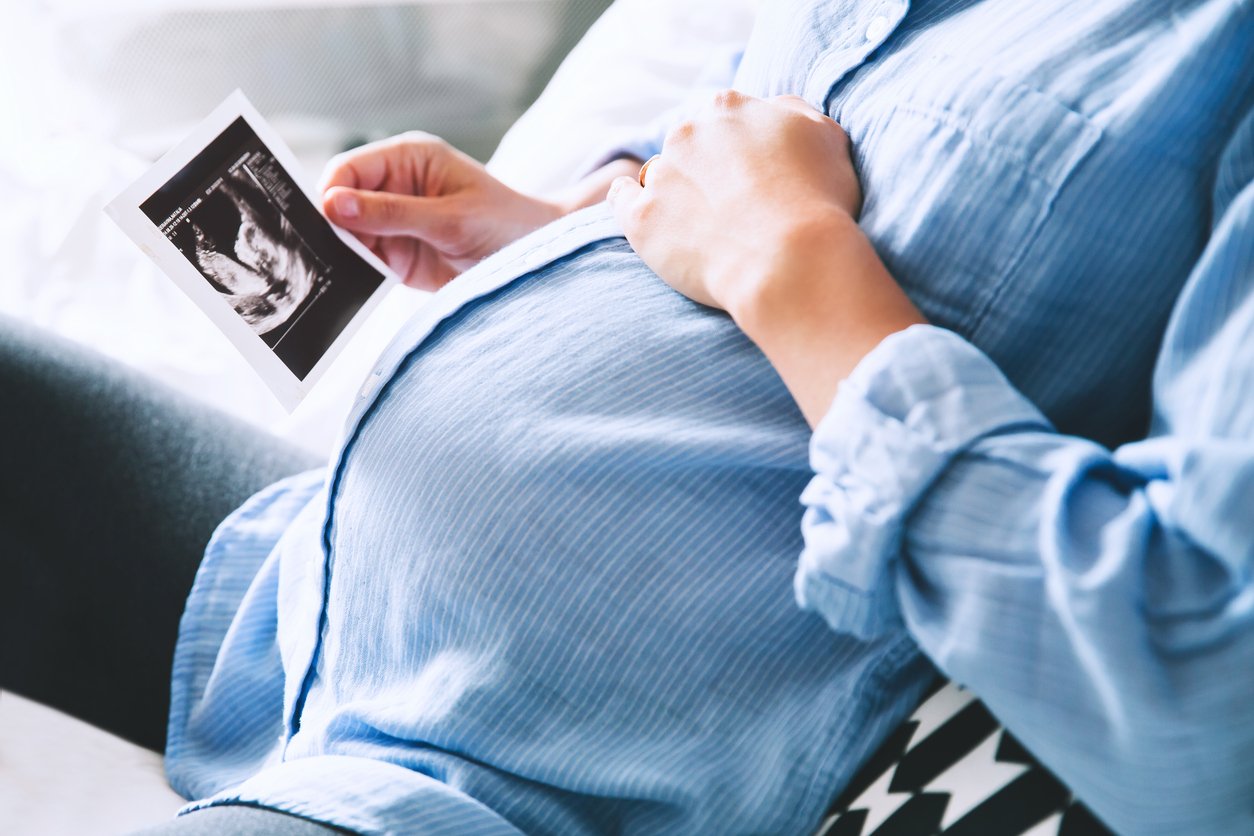What Is Pregnancy Like When Using a Donor Egg?

For a woman who is able to carry a child but does not have viable eggs, egg donation is often a promising path to pregnancy. To achieve pregnancy via egg donation, an embryo created with an egg from a woman and sperm from a partner or Donor is transferred into the uterus of an intended mother via IVF. If the embryo implants, medically speaking, a woman will experience a pregnancy and childbirth that are no different from that experienced by a woman carrying an embryo of her own egg.
That said, egg donation can come with some added emotional complexities. It is often common for a pregnant intended mother to fear the absence of a genetic link, and to wonder whether she will have a meaningful connection to her baby. After working with thousands of families made possible through third-party reproduction, we are here to tell you that motherhood is so much more than genetics. However, to help ease any anxieties, here are some tips to help any expecting mother bond with her baby:
- Talk or sing to your baby—at 18 weeks in utero, babies are able to hear sounds. At 25 weeks, they begin to distinguish and react to different voices, which means that they will possibly recognize your voice.
- Start playing with your baby! Fetuses are known to show increased activity in response to physical touches such as gently tapping or massaging your belly.
- Try spending some time reflecting on your experience. Some options can include journaling or creating a visual diary of your pregnancy journey.
While these tips can provide some comfort, pregnancy, regardless of how it is achieved, can be an emotionally challenging process. Understandably, using an Egg Donor can further complicate any emotional difficulties. Therefore, to help navigate your feelings about using an Egg Donor or your pregnancy in general, many fertility centers offer counseling and other support services for Intended Parents. Seeking emotional help may not only put you at ease, but can also strengthen the relationship with your baby. Caring for yourself is often the most important action you can take for your future family, so do not be afraid to take the space needed to work through your feelings.
If you have any additional questions or concerns, contact us and schedule your first appointment today.